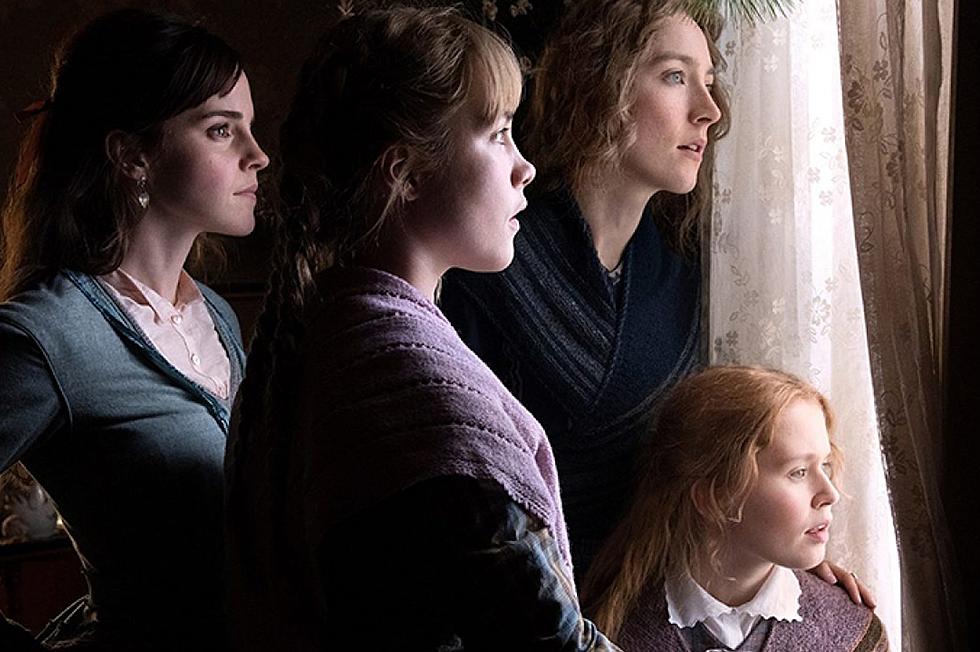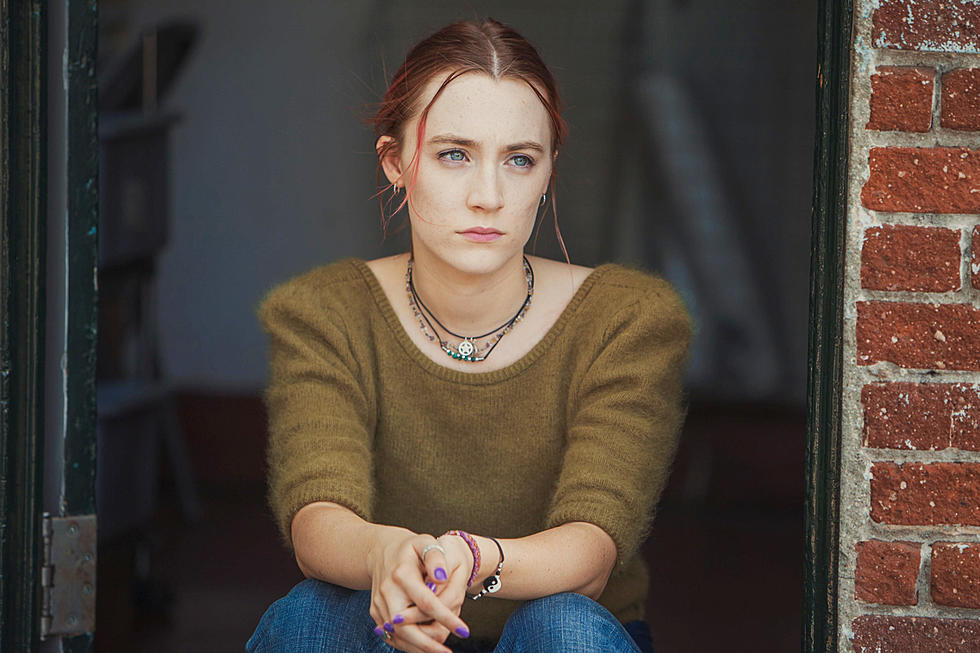
Reel Women: ‘Violet and Daisy’ is All Sugar, No Substance
'Violet and Daisy,' the directorial debut from Geoffrey Fletcher (Academy Award-winning screenwriter of 'Precious,' of all things), stars Saoirse Ronan and Alexis Bledel as two teenage assassins. The film struggles to showcase the duplicitous nature of societal projections onto young women with its twee style and stylized dialogue, and even a look beneath the surface finds little else beyond its saccharine trappings.
I'm not sure when exactly 'Violet and Daisy' lost me -- it was either during the scene in which our titular characters were jumping up and down on the bodies of dead men as if they were bouncing on a bed, or perhaps it was when Violet (Bledel) stood on top of one of the dead men to take a much-needed shower. And that's the film in a nutshell: it bludgeons you over the head with its wafer-thin gimmick about two teen assassins who are really nothing more than little girls with guns and impossibly good aim.
The pair coo over puppies and cookies, superficially bicker, and their ultimate goal is to pull a job on their "vacation" so they can buy a dress from the new couture collection released by their favorite supermodel, Barbie Sunday. The banter is so forced that it feels syrupy and thick rather than light and fluffy -- the kind of sugar rush that delivers headaches rather than invigoration.
The thematic concept is incredibly weak, but ripe for exploration: two young, naive girls are made into assassins with no explanation (Perhaps they are not very smart? Perhaps they lack the opportunities given to everyone else?), and taken advantage of by their boss (a miscast Danny Trejo, who lately seems to be miscast in just about everything), who pays them seemingly very little for such dangerous work. And while the girls are decent at their job, they're more concerned with little girl things like magazines and clothes and daddy issues.
Saoirse Ronan plays yet another wisp of a girl with a deadly side, just like so many of her characters. She's always looking up and away, as if dreaming and never fully present, and her once-pleasant otherworldly demeanor now feels stale and redundant. (See also: 'The Host' and 'Hanna.') Bledel is just Rory Gilmore with a gun and less academia.
I think I understand what Fletcher was going for, as it seems agonizingly obvious: the idea that society projects duplicitous ideals onto young women; they must be the Madonna and the whore, the sinner and the savior, both aggressive and passive -- whatever is desired in the moment. We ignore that all people, including and often especially women, are individual and complex, but what Fletcher seems to be saying here is one of two things: at the end of the day, either a confident, capable woman is still a little girl, or that a little girl is capable of more than her superficial inclinations would have you believe. But, Fletcher doesn't seem concerned with more intimate examinations. Even when our two leads are confronted with a target (James Gandolfini) who welcomes death and represents a paternal figure to both of them, there is much to be mined -- however slightly offensive in its insinuation that little girls just need their daddies -- and yet so little is gained. The film is a relentlessly talky, sugar-coated bore -- like staring at the frosted surface of a cake that should have layers, but when you cut into it, you see that it was just one giant, spongy block all along.
It was around the time that the girls jumped on the corpses like trampolines and fought over which one would get to jump on "the fat one" that it started to feel as though I myself was being bounded on by these two tiny killers. Within the first five minutes, Fletcher's intentions in highlighting the way young women are expected to behave, the way they're perceived, and the ideals placed upon them by society, were made abundantly clear -- but the entire concept is little more than a palatable gimmick; a spoonful of sugar makes the medicine go down, etc. Intention just isn't enough, and 'Violet and Daisy' feels like a student project. Like the characters within, Fletcher and his film are naive and aloof, superficial, and more concerned with the idea than the execution.
More From ScreenCrush









